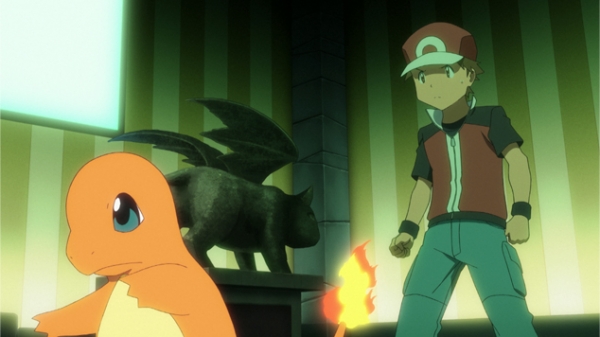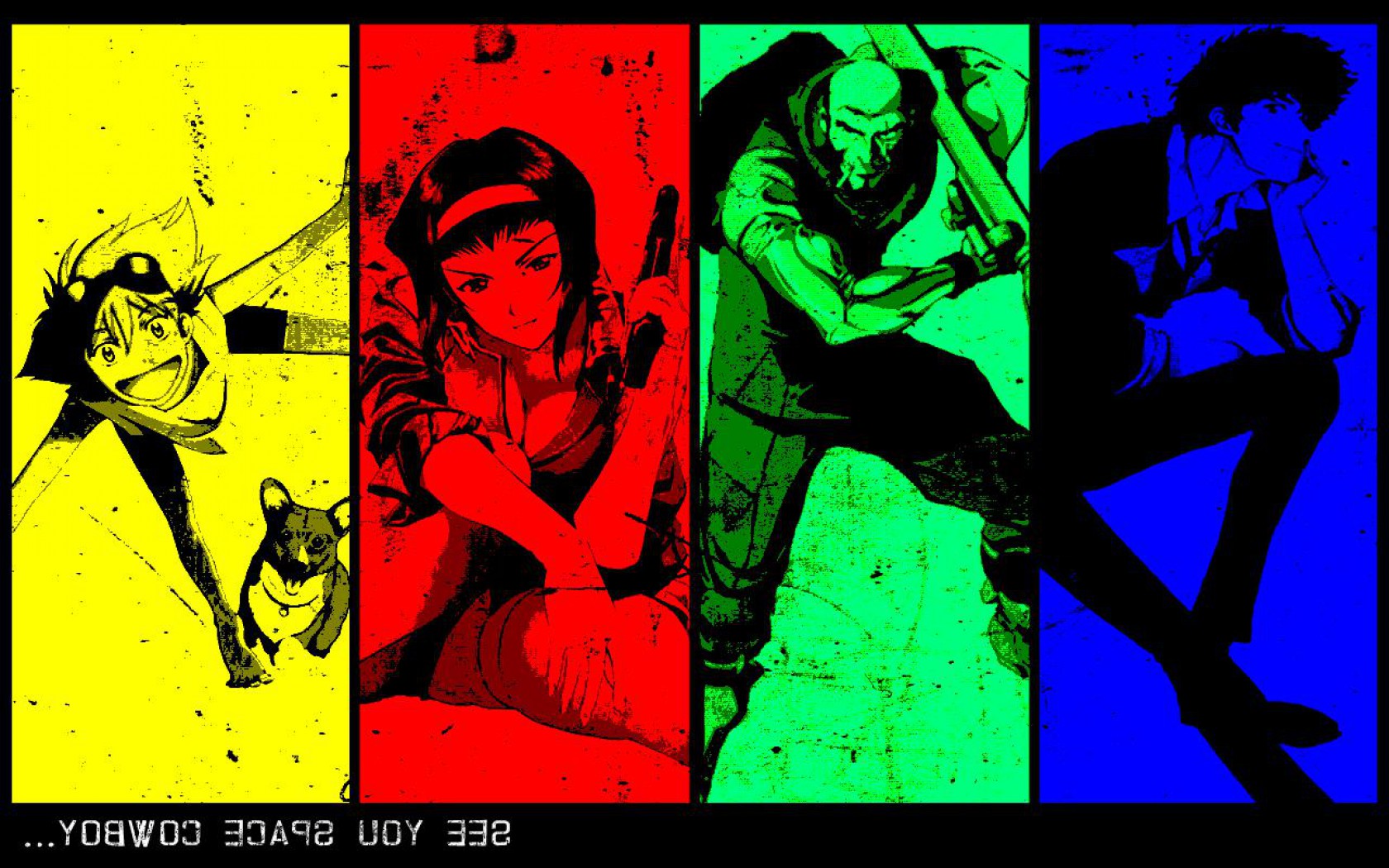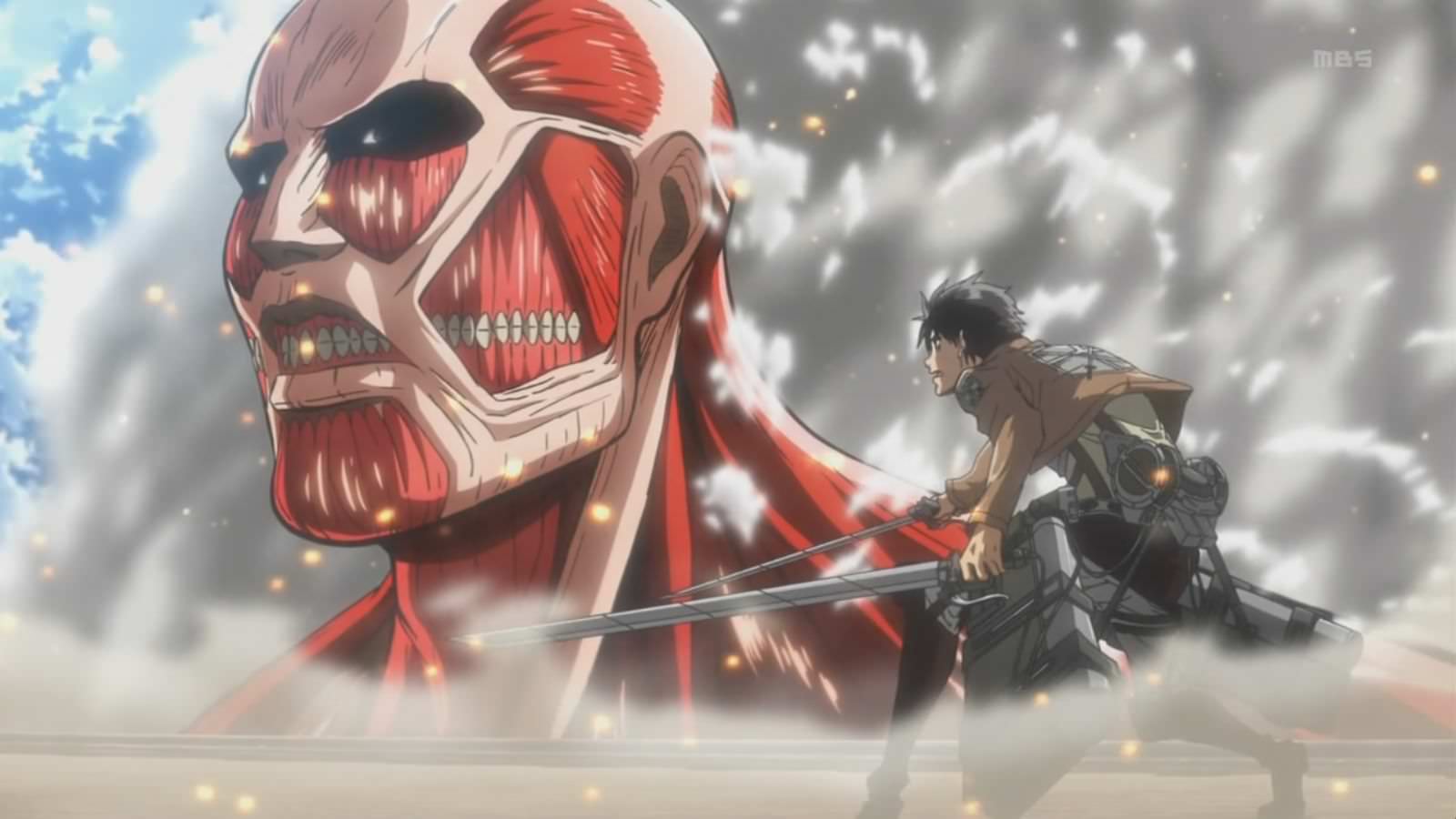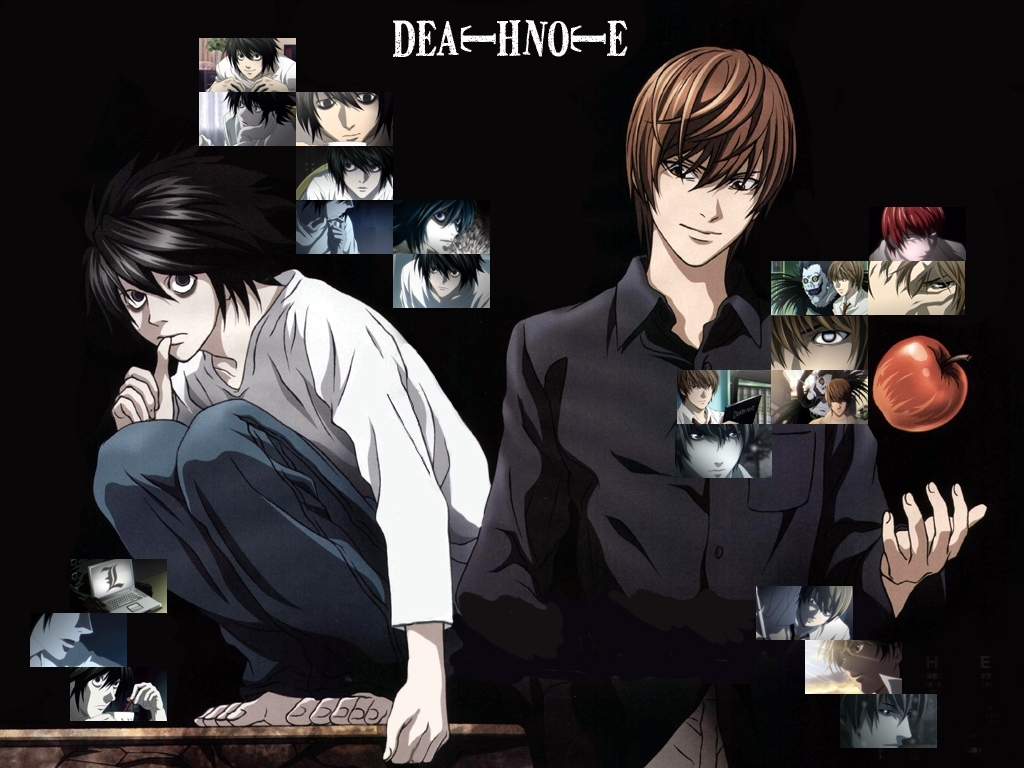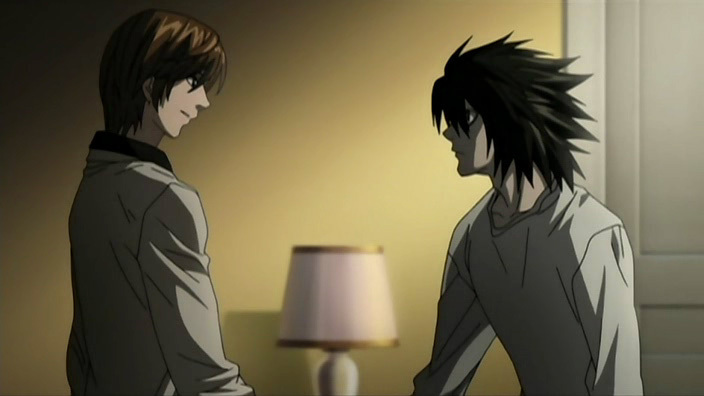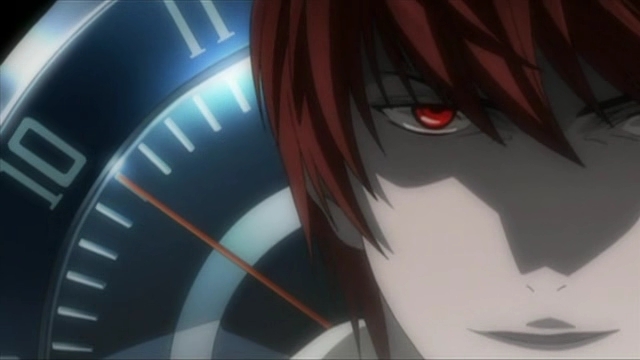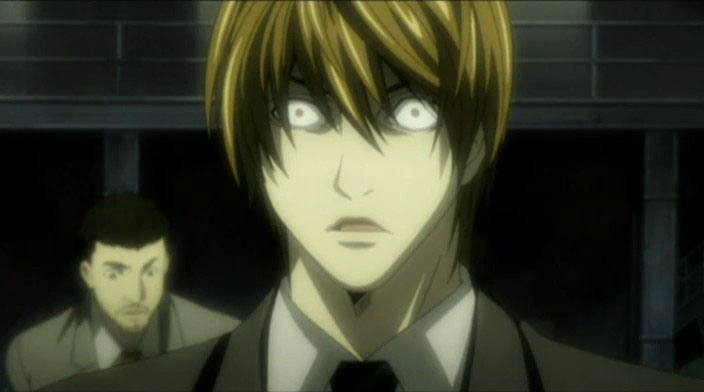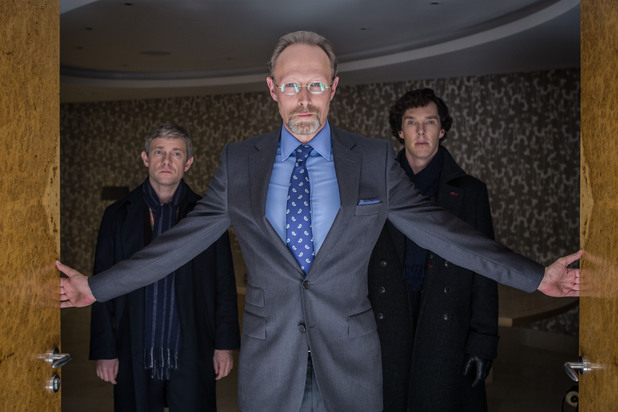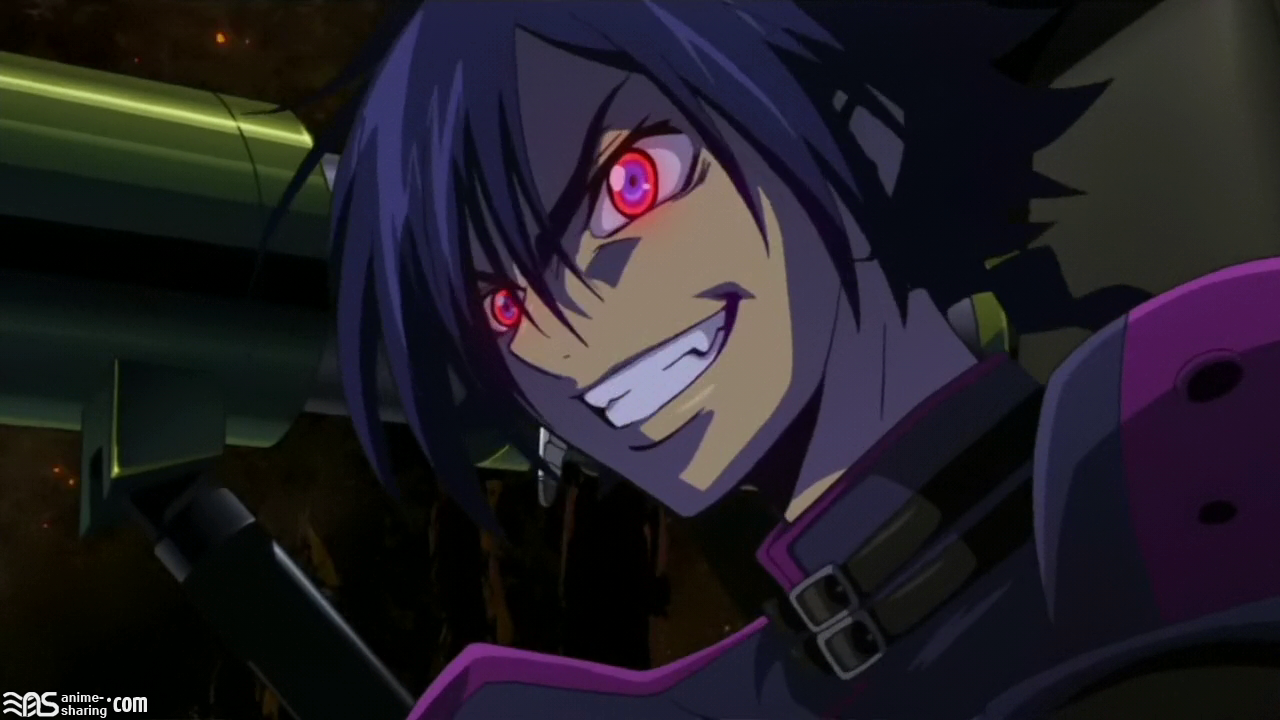It's sad, it really is that I sit here now and write my final words about Season 3 of
Sherlock. Has it really been a full season? Is it over already? Since the seasons of
Sherlock are three episodes they go rather fast but I'm still shocked that I'm reading the last rites of the third season here already. Either way, season three is finished with "His Last Vow" an episode that lives up to the
Sherlock tradition of it's final episodes being fantastic. This being a reaction to the finale, I believe it goes without saying that there are going to be the heaviest of spoilers here. So if you have not seen this episode then you should likely avoid reading what I have to write here.
"His Last Vow" goes for the gusto right away by wasting no time in introducing the new villain, Charles Augustus Magnussen. We see him collecting blackmail on several government officials. According to Sherlock he's the most dangerous man in Britain. The episode opens with Sherlock going undercover in a drug den as he's trying to draw out Magnussen with a red herring. Of course, all the other characters completely flip out that Sherlock was in a drug den even though at this point they should be used to this sort of thing by now. It's actually a little frustrating seeing Sherlock having to actually justify his actions. Seriously, Sherlock going undercover in a drug den is probably one of the least offensive things that he's done. Sherlock tries to get John excited about going on the Magnussen case with him to which John frustratingly tries to change the conversation topic. I'm sorry but John's behavior in this episode is horribly inconsistent with the past two. In those episodes there was loads of development in the Sherlock/John relationship and in this one, it feels like John has forgotten about most of that. Regardless, John eventually joins Sherlock on the case, lots of things go down, and the episode goes down a turn that I really didn't expect. Mary's past gets brought out into light, there's loads of Sherlock character development, and then theres the whole Magnussen business underlying everything. This is most definitely a different
Sherlock episode since it has a larger focus on character development than the case itself but thats consistent with how this season has gone. Overall, it becomes a wildly entertaining episode that has all the twists and turns that come with a
Sherlock finale. So here's my thoughts on what happened:
1.) Well, there really was something about Mary.

For those perceptive enough (and
Sherlock fans are most certainly perceptive) they should notice that when Sherlock first met Mary he deduced that she was a "liar" among several other things. None of his other deductions stood out to me as much as that one. It turns out that Mary was lying about her incredibly shady past. She's an ex-intelligence agent who has a whole lot of things she'd like to erase, things that Magnussen had a whole library of. Turns out that Sherlock had been privy of this for awhile as we see that her behavior in the first couple episodes was more indicative of her past than we had originally thought. Of course, Sherlock goes about making John privy to this knowledge as well which leads to a rather unique form of couples therapy. She and John resolve their problems pretty quickly and I found that the episode made me like Mary more. Yes, she was lying to John but she was doing her best to start a good, new life for herself. Magnussen was threatening to take all of that away from her. This episode ended up being good development for her and John. Though, it's not as if John's attraction to danger is anything new really. We've seen it in the past episodes and the fact that at the beginning of the episode, rather than just reasoning with the guy at the drug den, John went straight to using blunt force should be further proof. However, I can't help but think that Mary's past is going to resurface again in the fourth season. After all, she's apparently done some pretty terrible things in her past life.
2.) There was no brotherly battle but plenty of good development between Sherlock and Mycroft.
 |
| Chibi Sherlock also comes with a matching haircut |
Judging from the previews for the episode, where Mycroft warns Sherlock "If you go against Magnussen, you go against me" made me think that there was going to be a battle of wits between the two brothers. However, such a thing didn't really happen. What did happen was that we got to find out a little more about the dynamic between the two. The scene in which Mary shoots Sherlock, where Sherlock delves into his 'Mind Palace', turns out to be a huge scene of character development. Can you believe that Sherlock actually feels a lot of insecurity about his older brother? It appears that Mycroft has always exerted some sort of dominance over Sherlock even in their younger days. It would seem to be an extension of the last episodes Mind Palace scene in which Mycroft shows up in a dominant way. He's the one who knows the answers and loves holding them above Sherlock's head. In Mycroft's case he keeps picturing Sherlock as his younger brother and frequently Sherlock's younger self shows up from Mycroft's perspective. This shows that Mycroft still sees Sherlock as his younger brother and will go to lengths to protect him. This is ever more important in an episode about blackmail and people's 'pressure points' as Magnussen calls them. Such development between the brothers has felt like a long time coming and it suits an episode which was much more about character development.
3.) Magnussen isn't Moriarty and yet is every bit as scary.

My biggest worry about the new villain, Charles Augustus Magnussen, was either that he was going to be a poor substitute for his giggling predecessor or that the writers would try too hard to make him as memorable. Of the three major antagonists that Sherlock has faced (Moriarty, Irene Adler, and now Magnussen) I would say that Magnussen falls squarely in between Moriarty and Adler. However, in some circumstances he's even more dangerous than Moriarty was. Magnussen is every bit as cunning and like he says to John he simply knows things. His knowledge is what makes him incredibly dangerous. He's a very creepy and menacing character as well. However, I felt that he would have been every bit as scary without his weird tendencies. For example, he urinates in Sherlock's fireplace for no other reason than to tell the audience "WATCH OUT HE'S CRAZY!!" which we already figured from an earlier scene where he licks a lady's face. Moriarty's insanity was part of his charm, Magnussen's just feels...tacked on. However, Magnussen drops the act during the episode's final stages and finally turns into that monster that we knew was lurking underneath. The revelation that his library of blackmail was all in his head was a twist that I probably should have seen coming but even so was an entertaining one. In one swift move he took down Sherlock Holmes. My first question when this was revealed was how he could blackmail people if he just 'knew' things. This was quickly answered by a beautifully done scene where he's proves to John the control he has over people just by knowing things and continuously flicks John's face. John obviously can't do anything since Magnussen knows things on Mary. The entire scene is genius and was the moment where Magnussen established himself as a great villain. I hardly could have predicted the end of Sherlock's battle of wits against Magnussen. From what I know about Sherlock, he's the type who uses his mind to do battle. Normally, a
Sherlock episode ends with Sherlock out-witting his opponent. "The Reichenbach Fall" was a prime example of Sherlock winning by using his mind. That's why I was so surprised when Sherlock took action and shot Magnussen in the head when it seemed like he was beaten. That was a twist I definitely didn't see coming but it made sense since Magnussen's secrets were all kept in his head. Sherlock taking a simple, expedient option...who would have thought? Overall, Magnussen was a fantastic villain since he's the first to truly outwit Sherlock Holmes.
4.) Mind Palaces are freaking awesome

This season has introduced us to Sherlock's greatest weapon, his Mind Palace. It's how Sherlock manages to be so effective at what he does. The first episode gave a name to the concept and then the last two episodes actually let us in to Sherlock's head. The sequence from "His Last Vow" was absolutely astounding as Sherlock pieces together how exactly to survive getting shot. Molly Hooper coaches him along, Mycroft taunts him, even Sherlock's old dog shows up. The highlight of this scene is Sherlock being locked into a cell with an insane Moriarty. When I say insane, I mean a completely unhinged Moriarty as opposed to the sharply dressed, still insane, but keeping within his trademark style of insanity, Moriarty. Not only do these scenes let us in to Sherlock's process but they also let us in to his insecurities, his deepest fears. Despite the feeling that the Mind Palace is what makes Sherlock almost less human it manages to humanize him even more. It's an interesting motif that underlies the whole scene. Magnussen's Mind Palace is incredibly elaborate piece of work as well. Of course, his reflects a different mind which stores different information. I hope that this concept gets further developed in the next season. Oh and speaking of Moriarty...
5.) Now about that ending...

I'm not going to say that I called it, except that I did. It was already shocking enough the Sherlock took the option of shooting Magnussen in the head but the writers outdid themselves twice in one episode with the revelation that Moriarty is very much alive. This is fantastic news to me since I loved the Moriarty character and it only makes me want the fourth season more. While this season was highly anticipated because we all wanted to know how Sherlock survived jumping off a building, now we want to know how Moriarty survived an even more impossible death, putting a gun in his mouth. I was always under the impression that Moriarty was too smart to not have a plan like Sherlock did on the roof. After all, he is supposed to be evil Sherlock in a sense. So I'm not really that surprised that he survived. Of course, all the negative people will tell you that Moriarty isn't back and that someone just used his face for his nationwide broadcast. This was certainly a possibility until an end-credit scene show's Moriarty in the flesh. After showing that, not having Moriarty actually being back would probably alienate a large amount of the
Sherlock fanbase, myself included. As a show that has it's finger on the pulse of it's fanbase it seems highly unlikely that they would tease Moriarty in this way and then not bring him back. It should make for an interesting fourth season, after all Sherlock did apparently destroy a large amount of Moriarty's criminal network. Of course, whether that was simply more trickery from Moriarty himself is now a legitimate question. I'm actually unbelievably excited for this and it's nice to feel as if my faith has been rewarded. I knew you weren't dead buddy.
 |
| To me, the end credit scene is proof enough |
6.) So what do we make of this season?

This was yet another great season of
Sherlock, a different season for sure, and yet still a good one. Different by no means should ever mean "bad", this season just took
Sherlock in a new direction. This season was less about the cases and more about developing the characters. Other events took precedence over the cases in each episode (Sherlock's return, John's wedding, and Mary's past). It was a long time coming to see these characters fleshed out a bit more, especially between John and Sherlock. There have certainly been memorable episodes, mostly because they've been so different from typical
Sherlock. It's been a funnier season, it's been a more character based season, and it's been a season that has established Sherlock as a human (sort of). I actually felt that the last episode took away from some of the development that happened this season. Sherlock's treatment of Janine seemed like a slap in the face to us after seemed to be showing progress in the way of being less of a sociopath this season. The highlights of this season were definitely the Mind Palace scenes. Not only did they let us peep into Sherlock's process but they were also brilliantly filmed scenes. Overall, I felt that this season was one really made out to the fans and one that is more a reward for us long-time
Sherlock fans than anything. In terms of how it ranks, I would place it in between the first and second seasons. The second season, in my opinion, is
Sherlock at it's very best. This season, while still being excellent, is just a bit behind. Of course, comparing greatness to greatness can sometimes be a nearly impossible endeavor. Now we come back to where we were a few weeks ago, waiting for the next season. Moffat and Gatiss have been quoted as saying that the next season will come faster than this season did. Of course, they've had to work around Benedict Cumberbatch's rise to superstardom. No matter when the next season comes out, there's no doubt that this series remains fresh. Next season should be an absolute cracker.
